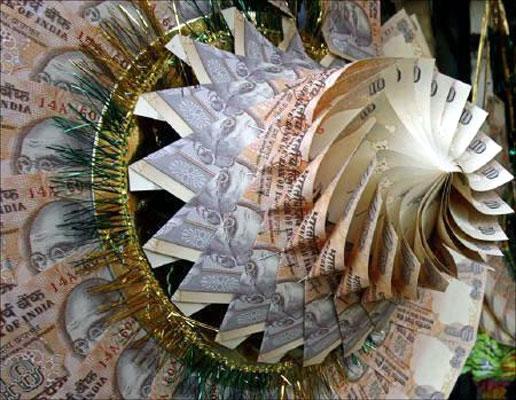
To first take a position that the currency would be managed, and then to witness it fall, is a grave loss of credibility for any government, and for any central bank.
The governor of the Reserve Bank of India (RBI), in presenting the first-quarter review of monetary policy for 2013-14 on Tuesday, repeatedly stressed that “undue volatility” in the foreign exchange market was his primary concern.
That, together with his explicit reference to the “impossible trinity” of open-economy macroeconomics – that independent monetary policy, free movement of capital, and a fixed exchange rate cannot all be in operation simultaneously – was an indication that the RBI wished to manage the rupee, which had declined to about 60 to the dollar.
In spite of the fact that liquidity had been squeezed out of the market by various control measures the RBI undertook over the past fortnight, the RBI did not lower interest rates, but said that monetary policy would only return to supporting growth once “stability” had returned to the foreign exchange market.
...
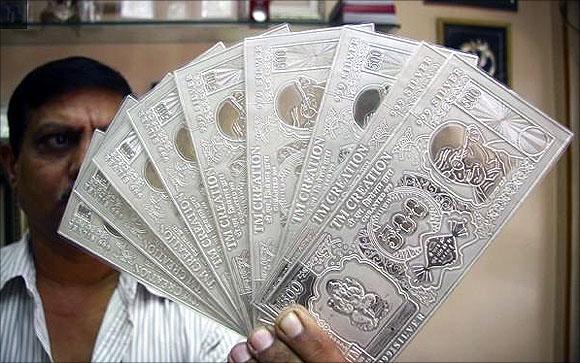
The folly, however, of defending the rupee’s value was indicated almost immediately when the markets opened on Wednesday morning and the rupee fell almost to its historic low of 61.2 to the dollar before, reportedly, the RBI stepped in to support it.
But the RBI has not built up a war chest of foreign exchange reserves in the good time that could enable it to repeat this manoeuvre on a sustained basis.
Meanwhile, the pressures on the rupee continue apace - after all, there is a vast current account deficit, of well over four per cent of gross domestic product (GDP), to be financed.
...
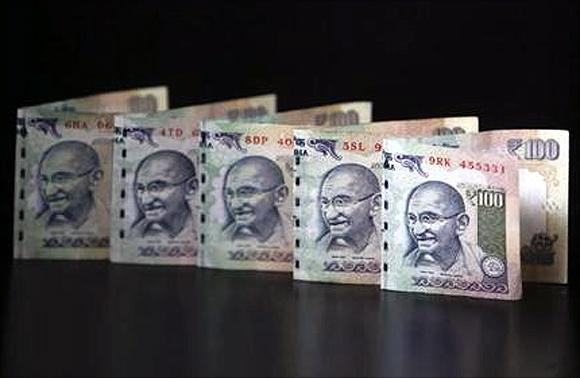
To first take a position that the currency would be managed, and then to witness it fall, is a grave loss of credibility for any government, and for any central bank. Worse, it will induce a crisis by degrees.
In the absence of growth-supporting monetary policy, returns will continue to fall in India; it will be a less attractive destination for capital; and money will flow out.
By trying to support the currency as it does, the central bank is essentially subsidising those taking their money out of the country, by giving them more dollars for their rupees than they otherwise would have received. This is a counterproductive policy.
...
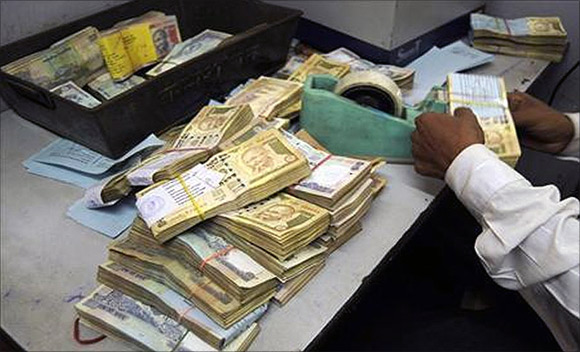
It is possible that the concern over the value of the rupee is born out of a desire to ensure that the government’s fiscal deficit does not rush out of control.
The target for 2013-14 set in the Union Budget is 4.8 per cent of GDP. But fiscal slippage is inevitable if the rupee slides sufficiently so that the oil import bill is significantly impacted.
Hence the desire to preserve the value of the currency. Yet action in the bond market shows how irrelevant this concern could become. After the latest measures, yields on long-term government securities have risen to 8.25 per cent. What that means is the government’s costs to financing its debt are rising - which will put a hole in the fiscal deficit projections anyway.
The government has now indicated that it will try and curb the current account deficit, which has all the signs of a structural problem, in other ways. In particular, higher tariffs are being considered.
...
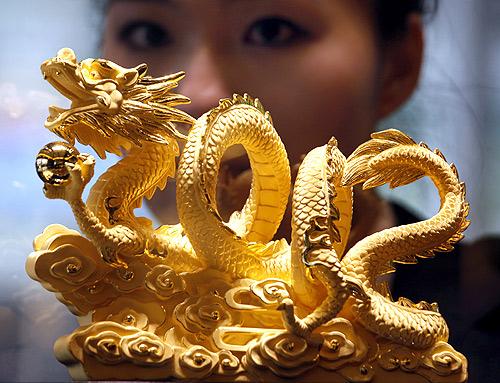
Gold imports have already been brought down, it is claimed, by restrictions of various kinds and higher taxes. Sadly, all of this looks like a return to a pre-liberalisation world of controls, a defended currency, and high deficits.
The signals are all wrong for global capital - nobody would want to invest in such an economy. And thus, once again, money will want to flow out.
In fact, it appears the only way out is for the government to give up on managing the currency, and ease its steady fall down to a level at which returns in India begin to look attractive once again.